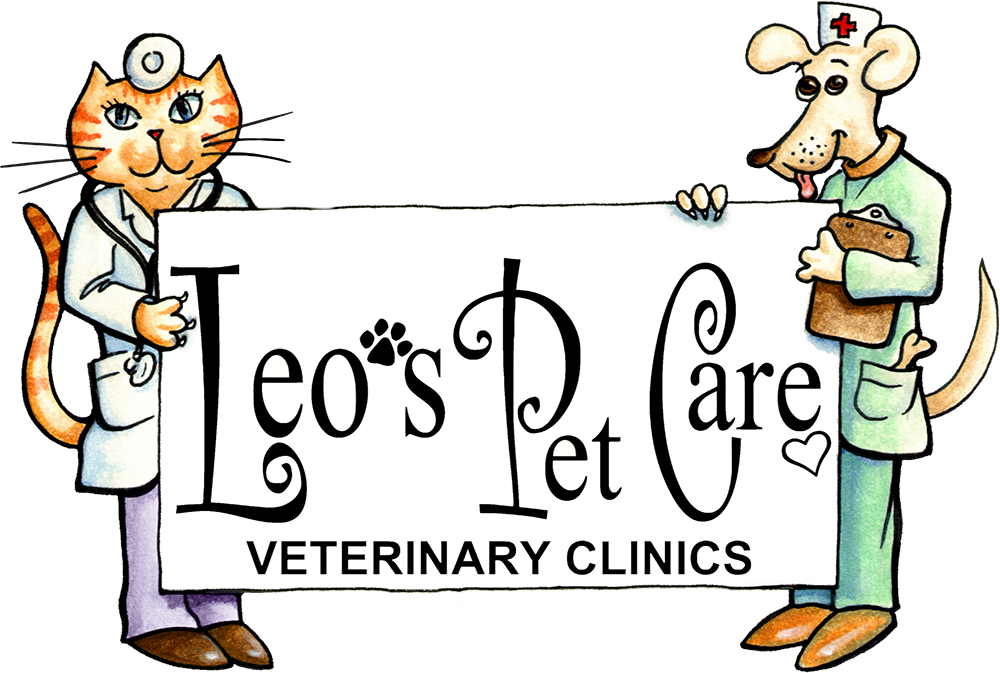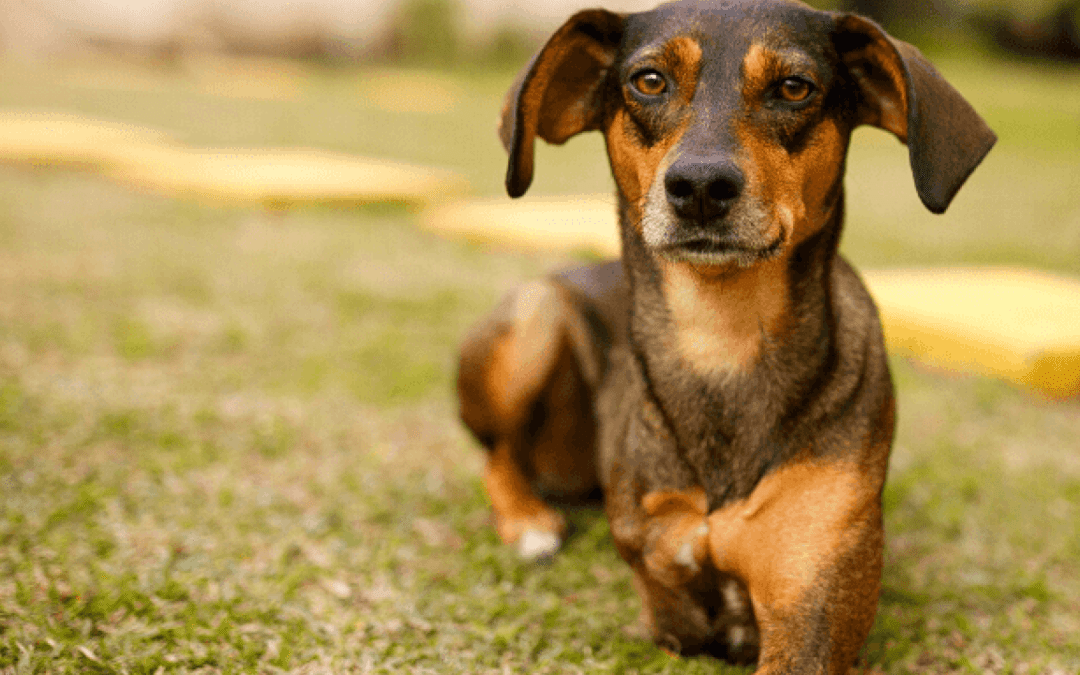Finding out that your dog needs to have a leg amputated can be a frightening experience. However, it is important to remember that three-legged dogs can lead healthy and fulfilling lives. Most dogs adjust very well to having only three legs with the right care and support. While there may be some physical limitations, such as difficulty jumping or running, many tripods are still able to participate in activities they enjoy and still live happy and active lives for years after their amputation. Your veterinarian will be able to provide guidance on which activities or lifestyle changes your three-legged pet might need. Unlike human amputees, dogs usually adapt and overcome their circumstances with ease. Once they are fully healed, they may not even act like anything is “missing.”
As veterinarians, we’ve had the privilege of seeing many three-legged dogs receive the care and help they need to live happy, healthy lives. There are, however, a few things you should know. If your canine companion needs to have a leg amputated or you are considering adopting a three-legged pet, keep reading to discover five important things you should know about living with and caring for a tri-pawed.
1. Your Dog May Need Assistance
Many three-legged dogs require some form of assistance when walking, especially for the first few months following their surgery. It’s important to provide your tripod with ramps or special harnesses to help them get around more easily if needed.
You’ll need to make some changes at home, too. For starters, always keep your dog on a leash or in a fenced-in area while outside. This ensures their safety and will help your dog feel more confident. Slippery floors, stairs, and uneven surfaces may be difficult for your dog to navigate inside your home. Consider putting down non-slip throw rugs to prevent falls, and help your pup navigate stairs and uneven surfaces as needed. Provide raised bowls for food and water so they don’t need to bend down to eat or drink.
Keep in mind that every case is different, and not all dogs have the same requirements. As your dog’s veterinarian, we will let you know what sort of accommodations you may need to make.

2. Exercise Is Essential
Regular exercise is essential for any dog’s health and well-being, but three-legged dogs may need some extra care and attention when it comes to their exercise routine. Follow the aftercare instructions carefully following your pet’s surgery. While exercise is important, you don’t want to let them exercise too much and risk injury.
Once your dog has fully healed, they’ll likely enjoy going for long walks and runs just like they did before. It is quite remarkable just how quickly dogs overcome the loss of a limb and get back to living relatively normal lives. Just remember to pay close attention to your dog during physical activity, especially while they’re still getting used to walking on three legs. You may notice that it’s easier for them to hop along quickly than to walk at a slower pace. Follow their lead, and be sure to stop and rest if they show signs of being overly exerted.
3. Maintain a Healthy Diet
Obesity can be a major issue for three-legged dogs, so it’s important to maintain a healthy diet. A tripod’s weight is more imbalanced, and putting on extra pounds puts excess strain and pressure on the remaining three legs. Avoid overfeeding your dog, and adjust their diet as needed to prevent weight gain. They may need less food after losing a limb because they might not be quite as active as they were before. Go easy on the treats, too!

4. Keep an Eye On Their Paws
Three-legged dogs often struggle with injuries and other issues related to their paws and pads, so monitoring them closely is important. Pay attention to the three remaining paws and look out for any signs of possible problems or injuries. Keep their nails neatly trimmed. Consider trimming the fur on the bottom of their feet and between their pads, too, for extra comfort and to prevent slips and falls. Contact us immediately for assistance if you notice anything wrong with your dog’s remaining paws.
5. Keep Up With Veterinary Care
Regular checkups are especially important for three-legged dogs, as they can be more prone to certain health issues like arthritis or joint pain. During checkups, we’ll look for issues that are common among tripods, like elbow hygromas, too. As your dog’s vet, we may also recommend supplements or dietary changes as they adapt to life with one less leg. Of course, we also encourage you to bring up any questions or concerns you may have during your dog’s appointment.
Conclusion
At the end of the day, three-legged dogs adapt very well to their disability and live happy, healthy lives. With proper care, you can ensure that your three-legged pup will feel loved and supported every day. Whether your dog needs an amputation or you’re considering adopting a tri-pawed, everything will turn out okay!
If you have any questions or want to learn more about living with three-legged dogs, please don’t hesitate to contact us. We are always happy to help in any way we can. Happy three-legged dog ownership!

